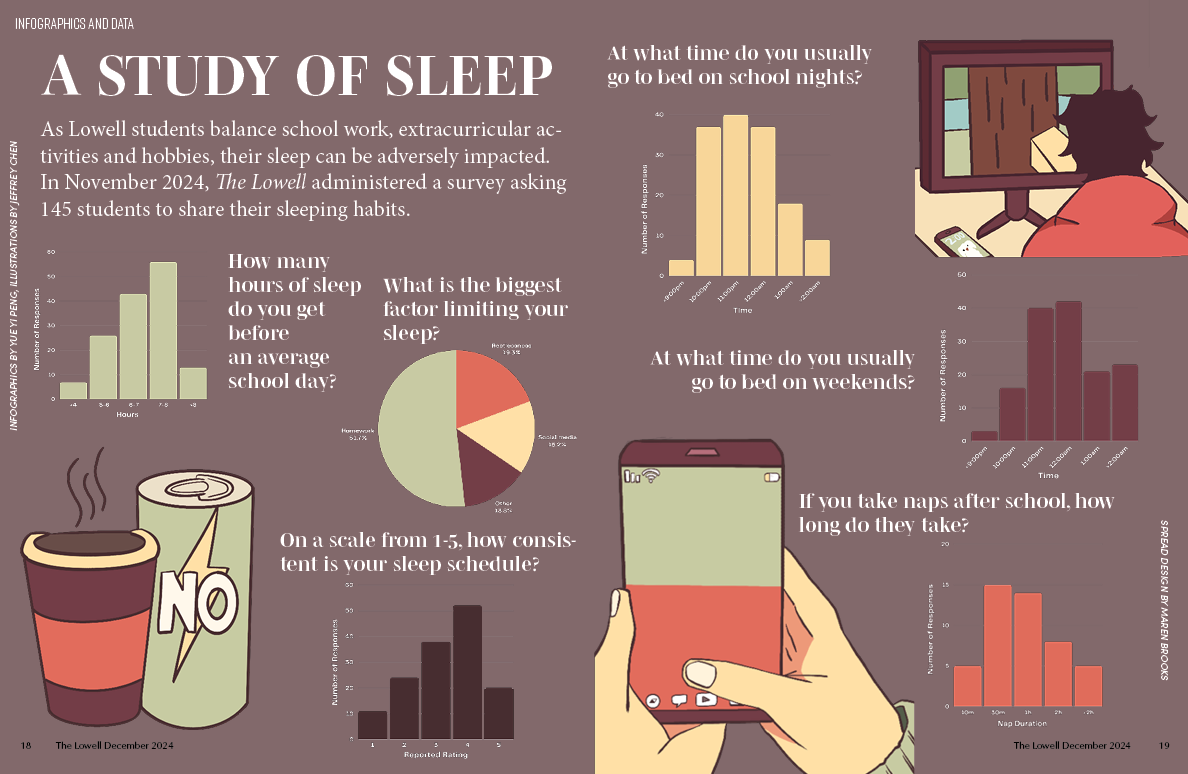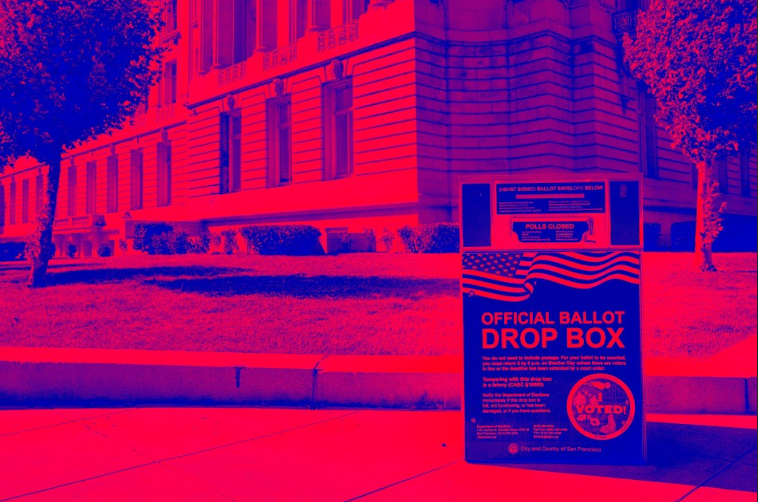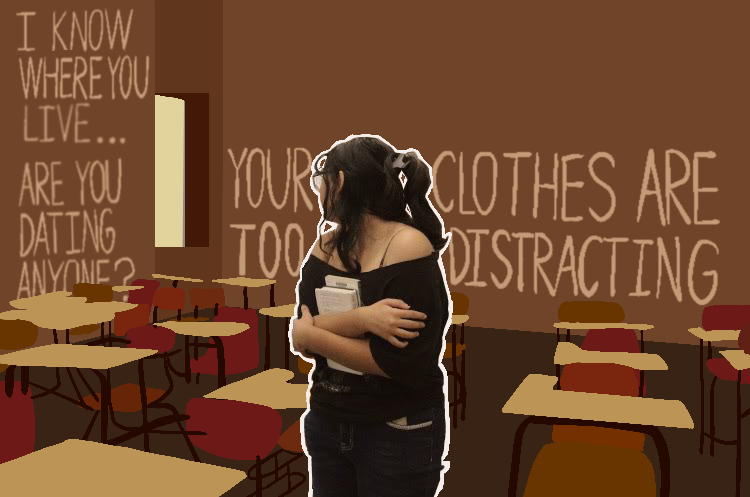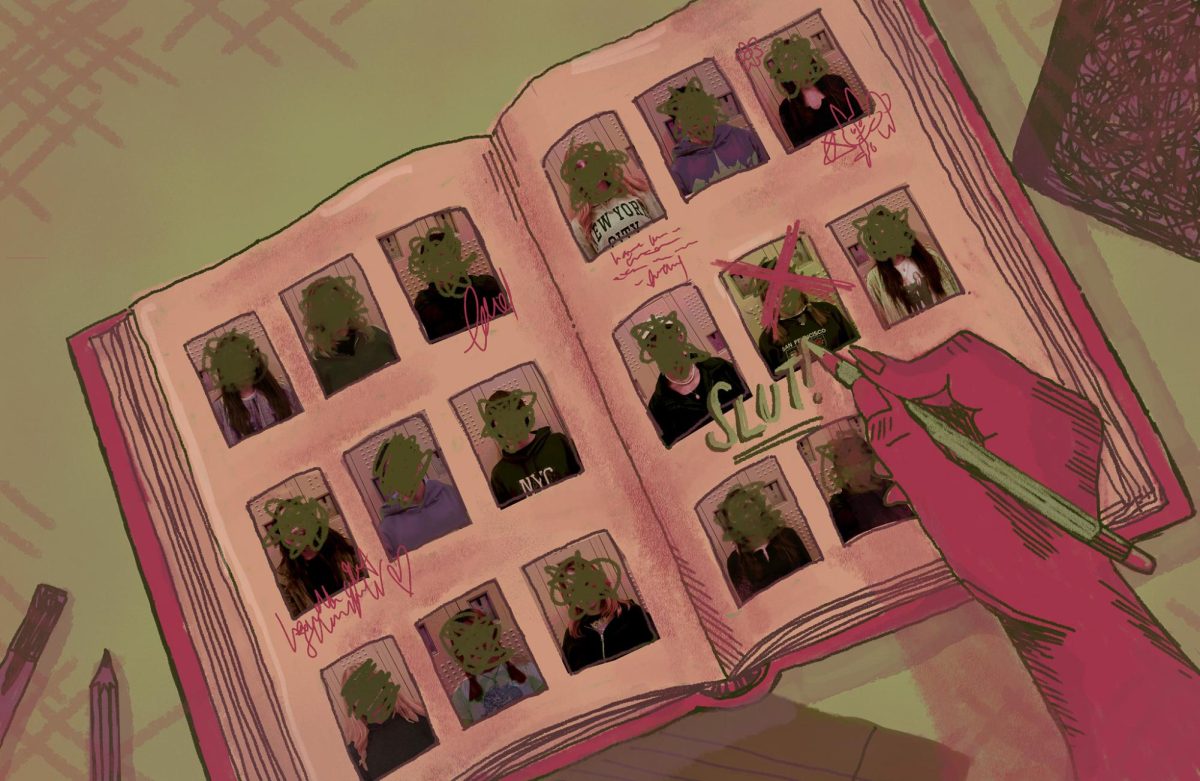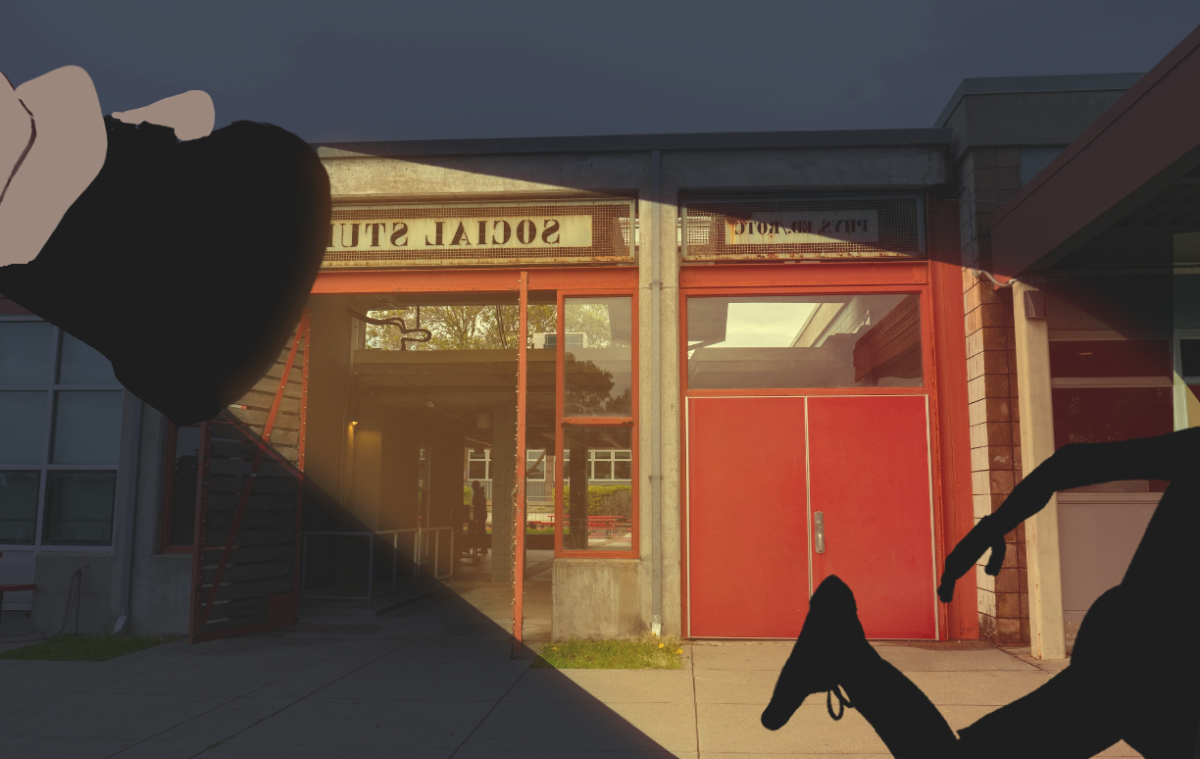By Luming Yuan
Originally published on December 7, 2014
San Francisco is often known for its Bohemian spirit, but there was a time when many saw “underground culture” lifestyles as highly controversial. One author, who wrote to challenge these notions, visited Lowell to inspire future writers. His series has been described as “an extended love letter to the magical San Francisco” by the New York Times Book Review.
Armistead Maupin, author of the Tales of the City book series chosen by the San Francisco Public Library for its One City One Book reading program, came to the Carol Channing Auditorium to share his books and the events that inspired them during Block 3 on Oct. 22.
“You have to accept that it’s not going to be beautiful at the beginning.”
The series, which started as a daily column in the San Francisco Chronicle in 1976, features a young girl named Mary Ann Singleton who comes to San Francisco just for a visit but ends up so consumed by what the city has to offer that she decides to stay. She embarks on adventures with characters such as a hippie named Mona Ramsey and a gay man named Michael Tolliver, characters that would have been considered controversial at the time the books were written. Local readers will recognize locations in San Francisco such as Twin Peaks, the Sutro Bath House, the Legion of Honor and the de Young Museum in Tales of the City.
English teacher Cathy Innis, who has been Lowell’s contact person for One City One Book since it began in 2005 and arranged for Maupin’s visit, expressed her appreciation for the series and its author. “Some characters in the book deal with controversial personal issues that Maupin brings alive,” Innis said. “It has helped readers understand how a hippie or someone who enjoys cross-dressing or is gay can be acceptable.”
Maupin shared how difficult it was to write about gay characters by telling a story about how his editor on the Chronicle made him record the number of straight characters and homosexual characters in order to ensure that homosexual characters did not exceed the number of straight characters.
When English teacher Lorna Galang found out that Maupin was coming, she decided to teach Tales of the City in her Novel class. “I wanted my students to find the connection between the city in which they live now and the city about which Maupin writes, and be proud that they are a part of this Bohemian spirit that still thrives,” Galang stated in an email. “I also wanted them to see that not all novels have to be a slog; some can even be fun to read.”
English teacher Sharn Matusek, who brought about 90 of her students to the book talk, said that she has admired Maupin since he published his earliest books in the Chronicle. “I remember Maupin in the 70s as being topical and influential, and now he is an iconic figure in San Francisco history,” Matusek said. “My students found Maupin funny and refreshingly outspoken; he spoke on a person-to-person level, as opposed to adult-to-youth.”
Maupin also offered some advice for aspiring writers in the audience. “You have to just sit down and write,” Maupin said in his book talk. “You have to accept that it’s not going to be beautiful at the beginning.”
“It has helped readers understand how a hippie or someone who enjoys cross-dressing or is gay can be acceptable.”
The book talk was a source of inspiration for students in attendance, senior Neha Malik expressed. “There’s this stereotype that writers are really introverted and reclusive and I’m sure there are writers on the quiet side but I’m a writer, or an aspiring one at least, and I’m definitely not the shy, quiet girl,” Malik said. “It was interesting and refreshing to see a successful author who was as outgoing as Mr. Maupin.”
Although the current San Francisco, with all of its tech startups, differs from the San Francisco Maupin knew when he was first penning his series, he said that he still appreciates the city. “I try not to be grumpy about the new San Francisco,” Maupin said during the book talk. “The new San Francisco is how all these new artists have come. They have the same right to dream in this place as I had.”
One City One Book is an event that occurs citywide, where residents are encouraged to read a certain book for the year. Copies of the book are stocked in the libraries and displayed in the windows of bookstores.



